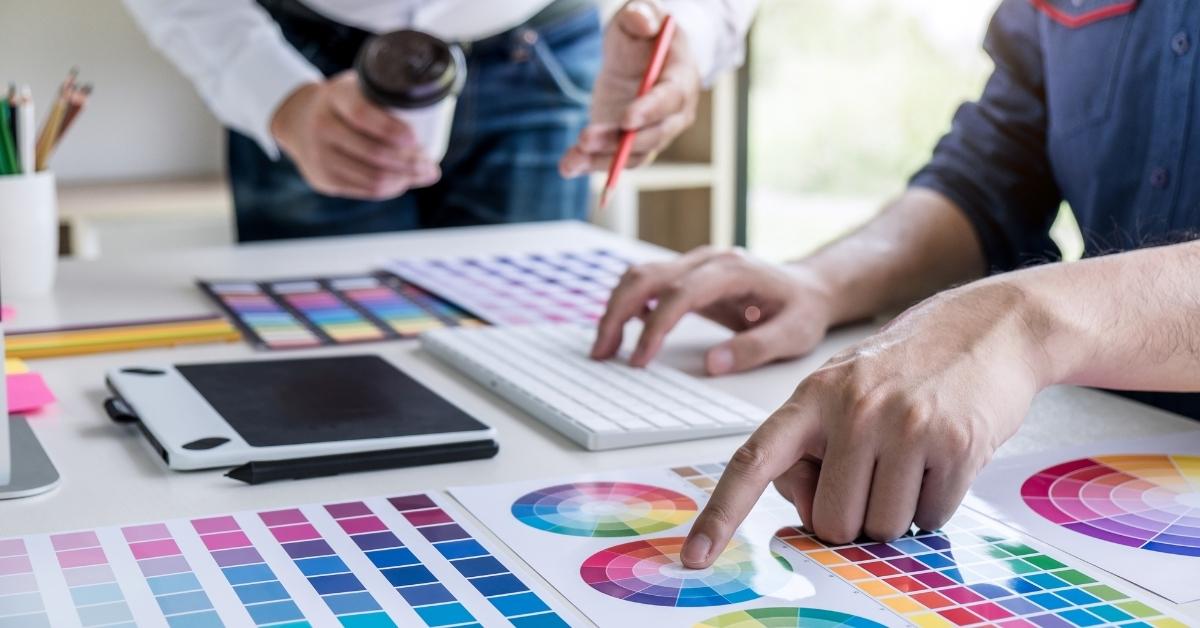Color correction in the world of photography and videography is a technique that often sparks debates among professionals and enthusiasts. Some argue that it’s an essential step in the post-production process, while others believe that getting it right in-camera is all that matters. So, the burning question is, “Is color correction really necessary?” In this article, we’ll explore the reasons behind color correction, its significance, and whether it’s a crucial aspect of creating visually stunning content.
Why Is Color Correction Important?
Color correction is the process of adjusting and enhancing the colors in an image or video to achieve a desired look, consistency, and mood. It plays a significant role in the final output during photo editing and video editing, and here’s why it’s essential:
- Enhancing Visual Appeal: Color correction allows you to make your images or videos more visually appealing. It can make dull and lifeless shots pop with vibrancy, making them more engaging to your audience.
- Maintaining Consistency: In a series of photos or a video, maintaining consistent colors is crucial. Color correction helps ensure that all your shots have the same color balance, creating a cohesive look throughout your content.
- Correcting Mistakes: No matter how skilled a photographer or videographer you are, there are times when the lighting conditions or camera settings lead to color discrepancies. Color correction helps fix these issues.
- Setting the Mood: Colors play a significant role in setting the mood and tone of your content. Color correction can convey various emotions, from warmth and happiness to coolness and sadness.
- Branding: For businesses and creatives, maintaining consistent brand colors is vital. Color correction ensures that your visuals align with your brand identity.
FAQs
Q1: Can’t I Get the Colors Right in-Camera?
A1: While getting colors right in-camera is ideal, it’s not always possible. Lighting conditions change, and even the best photographers can’t control every factor. Color correction is a valuable tool to correct mistakes and enhance your images.
Q2: Do I Need Special Software for Color Correction?
A2: Yes, for professional color correction, you’ll need software like Adobe Lightroom, Adobe Premiere Pro, DaVinci Resolve, or Final Cut Pro, depending on whether you’re working with photos or videos. These tools provide the necessary features and flexibility.
Q3: Is Color Correction Time-Consuming?
A3: The time required for color correction depends on the complexity of your project. Basic adjustments can be quick, while more detailed work can take longer. However, the time spent on color correction is an investment in the quality of your final product.
Q4: How Do I Learn Color Correction?
A4: There are various online tutorials, courses, and resources available to help you learn color correction. Many professional photographers and videographers also share their insights and tips on blogs and YouTube channels.
Q5: Is Color Correction Only for Professionals?
A5: No, color correction is not limited to professionals. Anyone who wants to enhance their photos or videos can benefit from basic color correction. It’s a skill that can be learned and applied at different levels of expertise.
Conclusion
In conclusion, color correction is a necessary and valuable step in the post-production process of creating visually stunning content. It enhances visual appeal, maintains consistency, corrects mistakes, and plays a significant role in setting the mood and tone of your work. Whether you’re a professional or an enthusiast, learning the basics of color correction can greatly improve the quality of your visuals and help you convey the message you intend.
Remember that while color correction can be time-consuming, the results are worth the effort. It’s a skill that you can learn and master, with the potential to take your photography or videography to the next level.
If you’re still unsure whether color correction is necessary for your work, remember that it’s a tool that offers more creative control, helping you achieve the visual impact you desire. So, the answer to “Is color correction really necessary?” is a resounding “yes.”
This page was last edited on 22 February 2024, at 12:17 pm
